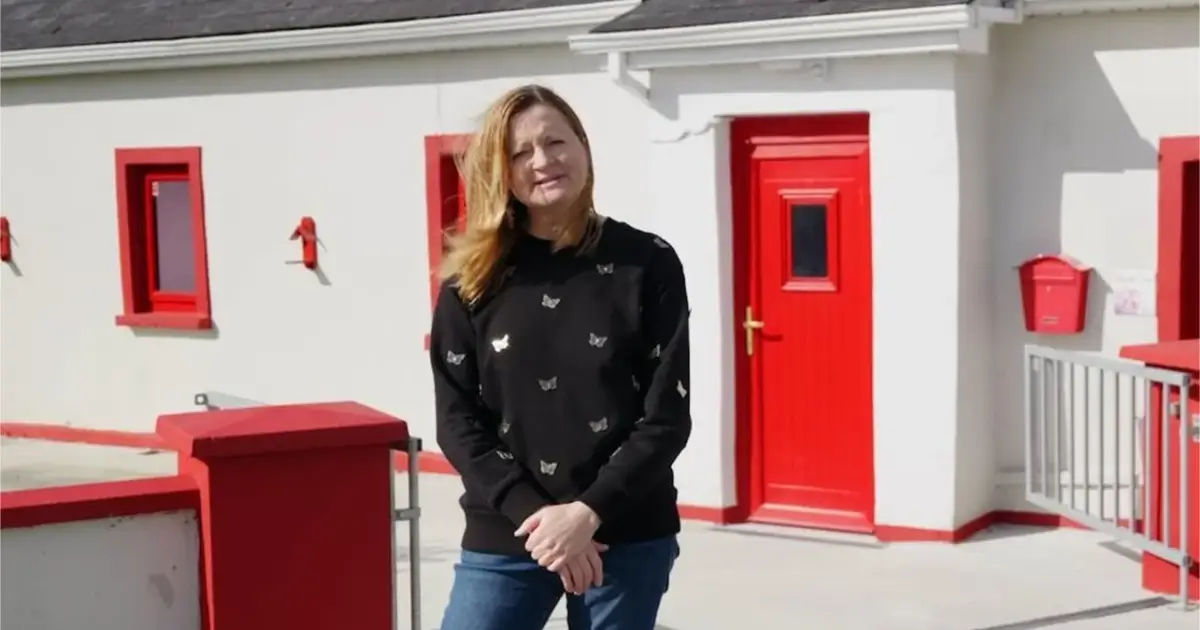Irish house sold via Raffall lottery
In County Leitrim, Ireland, Imelda Collins turned the sale of her house into an unconventional adventure. Instead of going through the traditional channels, she chose to put her renovated property up for sale via an online lottery, offering everyone the chance to become a homeowner for just €6.
The initiative, launched on UK platform Raffall, aimed to sell a minimum of 150,000 tickets for the house to actually go to the winner. If not, a sum equivalent to 50% of the proceeds would be awarded as a cash prize.
Dazzling success thanks to the media
Initially, ticket sales were modest. However, the situation changed radically when the New York Times covered the story, leading to an explosion in sales. In less than 24 hours, more than 200,000 tickets were sold, bringing the total to around 457,000 and generating more than €2.5 million.
The Raffall platform
Founded in 2015 by Stelios Kounou, Raffall is a UK-based online platform designed to make it easy to organise and take part in lotteries and competitions legally. It is aimed at individuals as well as companies, associations or content creators wishing to offer transparent prize draws that comply with current regulations.
Raffall stands out for its secure system, which guarantees the integrity of the draws. Organisers have no control over the choice of winners, and proceeds from ticket sales are retained by the platform until the prize is actually awarded to the winner.
Tax implications and generous donations
Despite the financial success, Imelda will not be keeping all the proceeds. The Raffall platform charges a 10% commission, and capital gains tax applies. In addition, it has incurred costs in promoting the lottery and plans to make a substantial donation to the ISPCA, an animal protection organisation.
An expanding model
Imelda’s case is not isolated. Others in Ireland have adopted this model, such as Claire Waldron in Sligo, who put her house up for auction to raise funds for ISPCA, or a woman in Dublin who offered her city-centre flat via a lottery.
Can the same thing be done in Belgium?
In Belgium, the sale of property via lotteries is strictly regulated by law. Belgian legislation defines gambling as any activity that combines three elements: a stake, a gain or a loss, and the intervention of chance in the result. So organising a lottery to sell a house without the appropriate licence is illegal.
The Godinne castle
In May 2024, an estate agent in Namur tried to sell a house in Godinne via an online competition. Participants had to pay €10, answer questions and estimate the value of the property. The Gaming Commission reacted swiftly, ruling that the competition met all the criteria of a game of chance and was therefore illegal without a licence. The competition was cancelled, and participants were reimbursed.
However, since 1 May 2025, the National Lottery has been offering a monthly opportunity to win a €750,000 property budget to help you realise your housing plans. This initiative aims to meet the housing aspirations of Belgians, while modernising the gaming experience.


